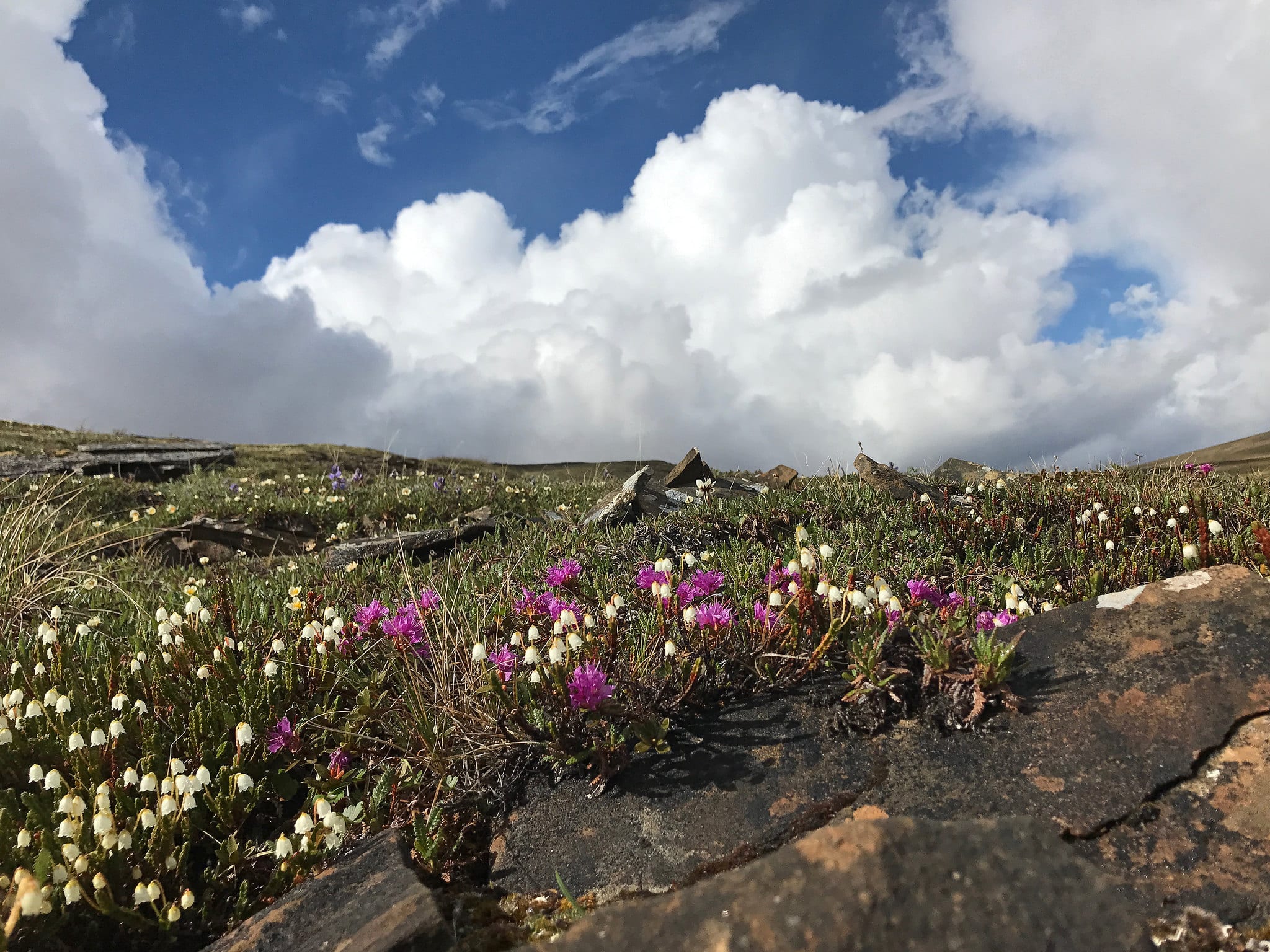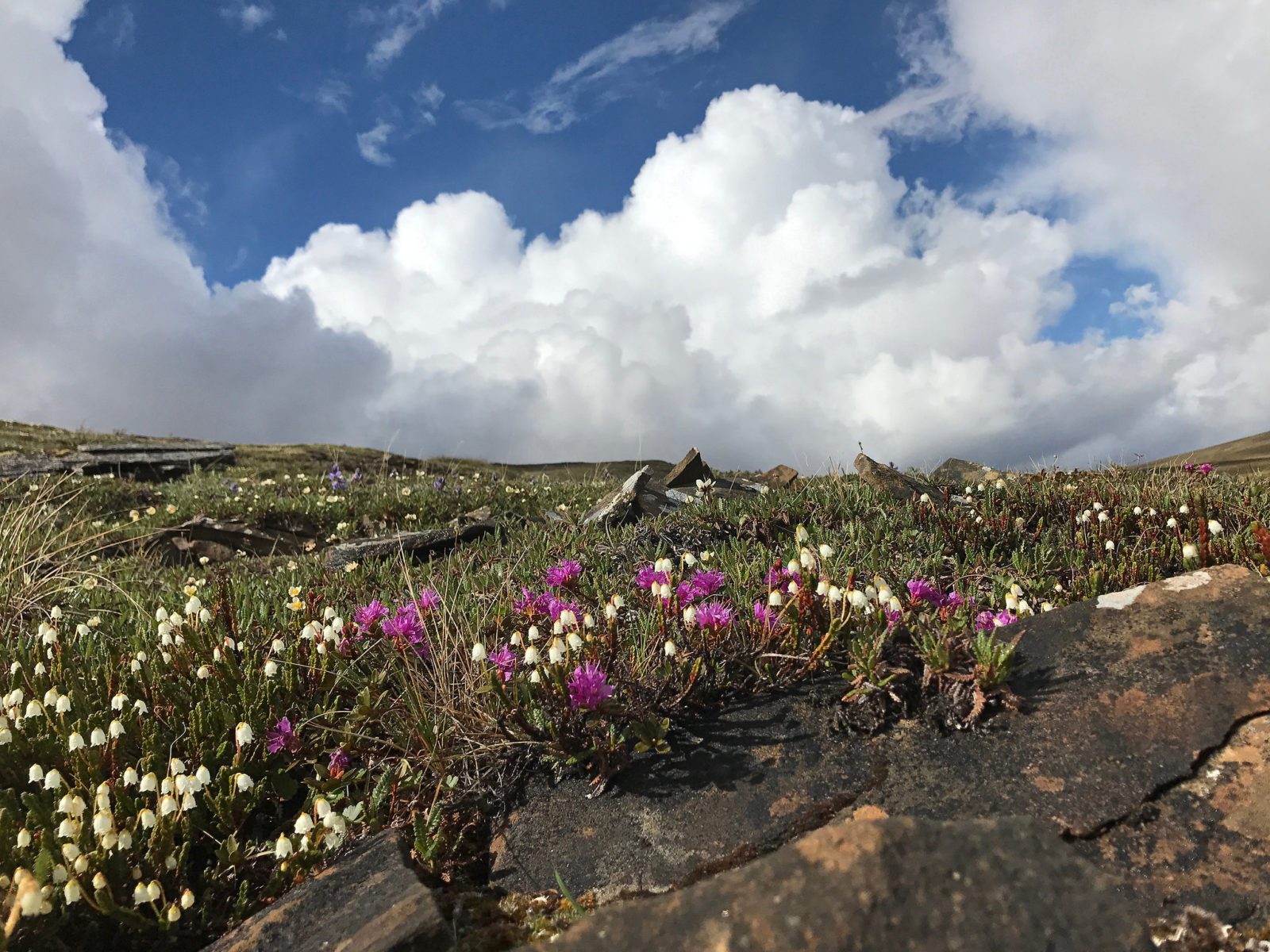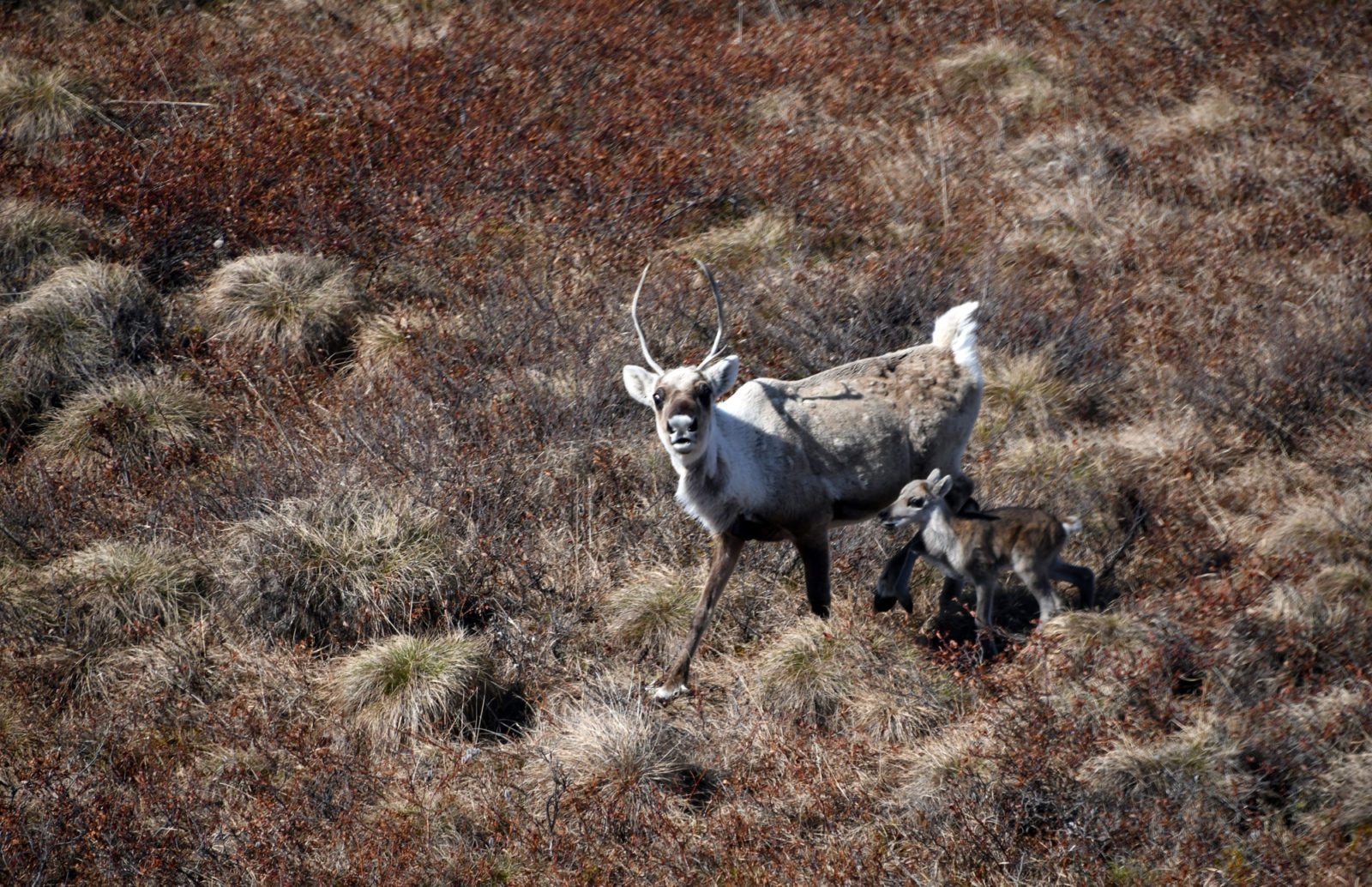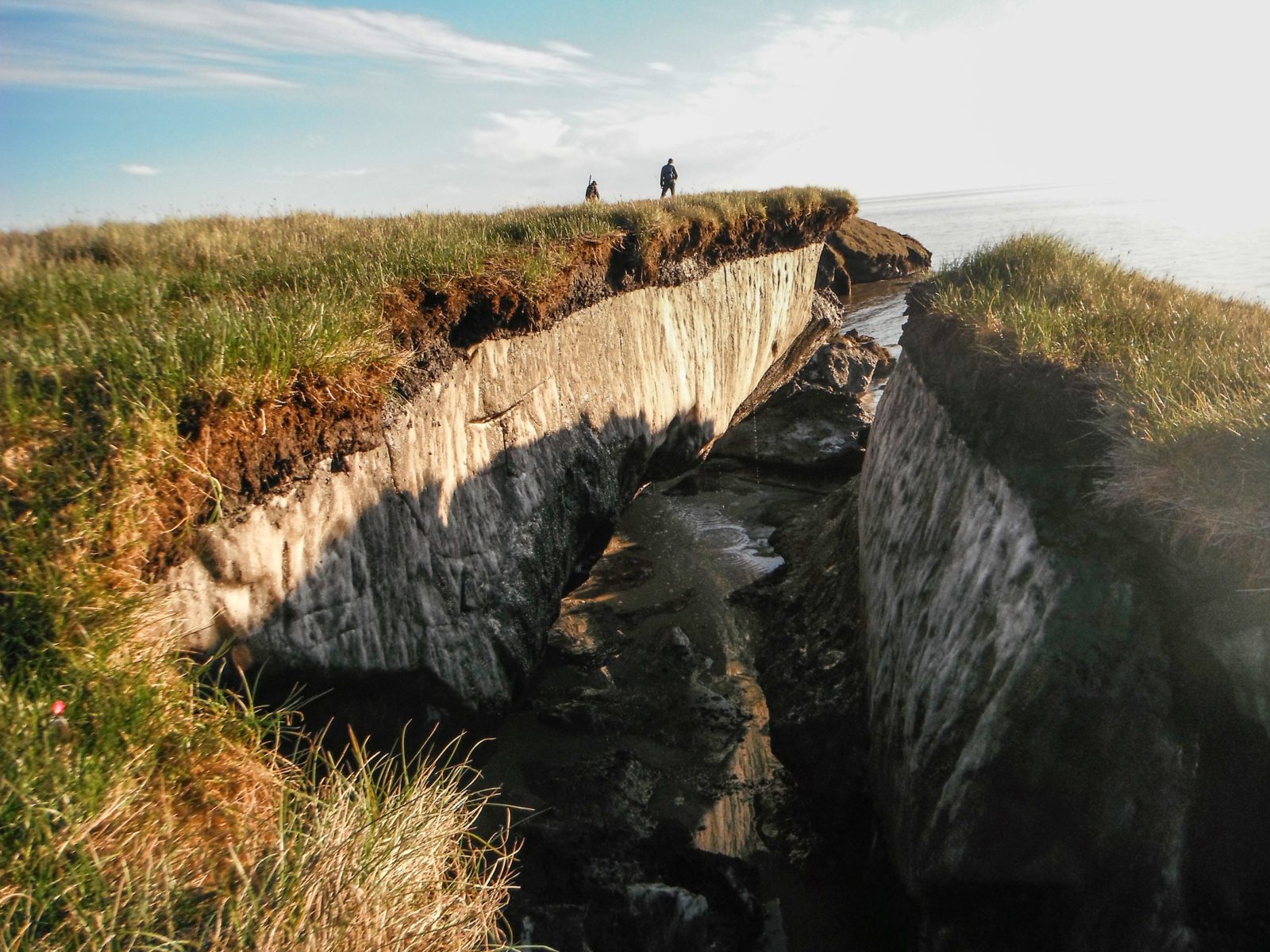
Dear President: You can’t kick the climate can down the road. It’s time to stop the massive ConocoPhillips Willow oil and gas proposal.
By Dawnell Smith
The U.S. Bureau of Land Management released a draft supplemental environmental impact statement last week for the massive ConocoPhillips Willow proposal for the western Arctic, with the shortest public comment period legally allowed.
The project would spew out huge amounts of carbon and single-handedly negate the climate benefits that could be generated by the Biden administration’s renewable energy goals. Already, the United States under current policy and with no additional actions, will fall far short of meeting its 2025, 2030 or 2035 target goals in terms of reducing emissions.

Moreover, if approved, Willow would become central to ConocoPhillips’ ambitious oil and gas extraction plans. A corporate VP told investors in June 2021 that the company had already identified 3 billion barrels of oil nearby and that the Willow proposal is designed to serve as a hub for even further expansion.
Willow alone would churn out astronomical amounts of carbon, even as we’re at the precipice of a climate catastrophe.
Willow would destroy and pollute land and water essential to the health of local communities and animals. It would accelerate climate change, endanger public health, harm wildlife, and threaten food sources for local people.
Now’s the time to let the Biden administration know that acting on climate means saying no to Willow. Comment directly to BLM or use this action link from the Alaska Wilderness League.
We’re not planning for a crisis, we’re in the thick of one
This draft supplemental EIS looks fundamentally the same as the EIS produced by the Trump administration, which we took to court and won. The U.S. District Court ruled in 2021 that the Trump administration failed to evaluate the project’s negative impacts on wildlife and the impact that burning so much oil would have on the world’s climate; and that it further failed to consider real alternatives to minimize Willow’s harm to environmental health and how it relates to public health and the well-being of people and animals.

What’s different about the draft supplemental EIS is that BLM has attempted to conduct the narrowest review possible in order to only address a small portion of the legal problems of the prior EIS, without enhancing or adding to the analysis at all. In other words, BLM is trying to check a few boxes to move the project forward, without taking an actual hard look at the real impacts of this project and how those impacts should be addressed.
This draft supplemental EIS neglects to consider meaningful ways to reduce the harm this project would do. It doesn’t look at Willow’s potential as a future hub of more industrialization, and it continues to claim that BLM can’t say “no” to ConocoPhillips because the company owns the leases.
BLM’s attempt to ignore serious shortcomings in its analysis, while only giving the public the minimum amount of time allowed by law to comment on an 8-volume technical document, continues to put corporate profit over transparency and the public’s interests.
What western Arctic communities and the public deserve is an agency that conducts a robust, comprehensive analysis of this proposal by evaluating the full scale and scope of its impacts on people, animals, the Arctic and the planet, including the impacts of future expansion of Willow.
It’s time to look up
We all know that our window to act on climate is closing. We all know that the climate crisis already means people and animals face life and death conditions every day.
Year after year we experience more intense and harrowing wildfire seasons. We experience more intense and devastating droughts, floods, and extreme heat. We witness up close and from afar the death of animals like salmon because of water too hot for their survival, and human structures toppling and breaking as permafrost thaws.

Did you know that ConocoPhillips may already need to artificially chill the tundra to sustain ice roads and pipelines for extracting the very oil and gas that already warms the Arctic at four times the rate of the rest of the world?
As Zach Brown and Bill McKibben said when talking about ConocoPhillips in an op-ed published in the Los Angeles Times, “Read that again: They could artificially freeze the melting soil in order to extract more petroleum, which, when it burns, will raise the temperature even higher. If you want a snapshot of our insanity, this is it.”
It’s important that we speak out right now to demand innovation that averts climate disaster, not fuels it.
The kind of innovation we need must involve actions across many systems of human life, all sectors of our social and economic interconnections, and include deep and enduring investments in clean renewable energy, policy that reduces energy use, and a transformation in how we think about and relate to the land and the planet so that we stop treating it as something to exploit for financial or political gain and instead recognize it as the grounding of all life and our human future.
It begins by saying no to new oil and gas proposals. It starts now by saying no to Willow.


